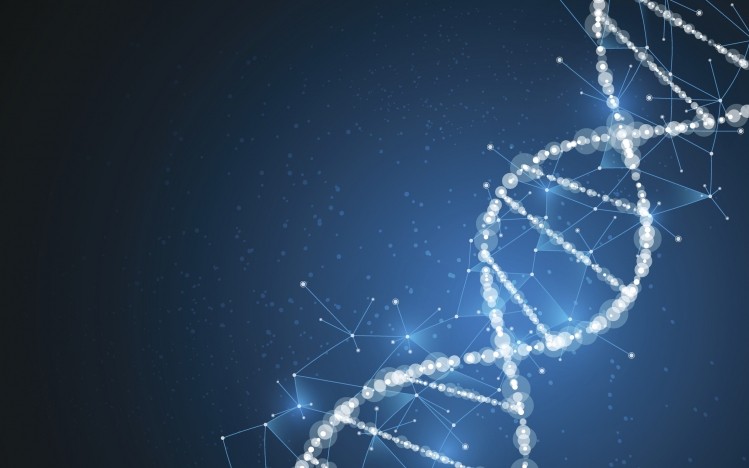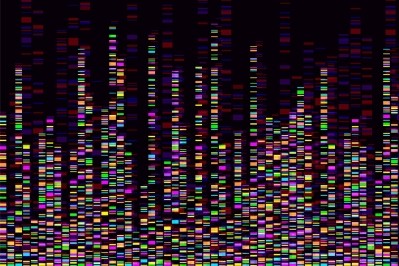U of Guelph clears Newmaster of misconduct, journal investigation of controversial paper continues

The committee’s decision, which has not yet been officially finalized, was first reported by Science, where investigative journalist Charles Piller has been detailing allegations of fraud, plagiarism, and missing data against Dr Newmaster in a series of articles (see links at the end of this article).
Concerns about Dr Newmaster’s research and findings led to a 43-page allegation letter being sent to the University of Guelph last summer by eight researchers from UG, the University of Toronto, the University of British Columbia, and Stanford University calling for the retraction of a 2013 paper that spawned the 2015 NY Attorney General’s investigation of herbal dietary supplements.
While the University of Guelph panel reportedly concluded that there is “insufficient evidence” for charges of scientific misconduct against Dr Newmaster, the 2013 paper is still under investigation by the open access journal BMC Medicine. A spokesperson for the journal, which is part of the Springer Nature group, confirmed to NutraIngredients-USA the issue is being considered carefully but could not say when the review would be completed.
The spark that lit the NYAG firestorm
The 2013 paper by Dr Newmaster and his group detailed an analysis of 44 herbal supplements from 12 companies using DNA barcoding. The researchers reported that almost 60% of the products tested contained DNA barcodes from plant species not listed on the labels.
Despite being widely criticized by analytical and botanical experts at the time of its publication—notably, the American Botanical Council was quick to call for its retraction and the American Herbal Products Association promptly submitted a letter to the journal’s editor to point out several inaccuracies—the paper not only survived but was picked up by The New York Times. The Times’ report was the spark that lit a fire in the office of then New York Attorney General Eric Schneiderman, which subsequently conducted its own controversial investigation and led to letters being sent to GNC, Target, Walmart, and Walgreens in 2015 telling them to stop selling some herbal supplements.
The principal complaints centered on the misuse of the then still-immature DNA technology. Many extracts could be expected to contain little to none of the DNA of the parent material. In addition, stray bits of DNA might be detected that were immaterial, such as might arise from an excipient. It pointed to a pattern of ignorance about the realities of dietary supplement manufacturing.
AG Schneiderman’s own tests using DNA technology alleged that 79% of the products they tested didn’t contain the labeled substance or contained other non-listed ingredients.
Schneiderman’s investigation expanded to engulf other herbal supplement brands, other attorneys general launched similar investigations, some of which led to settlements and/or changes to processes and business practices, with some companies agreeing to incorporate DNA barcoding into their analytical programs.
As a result, demand for DNA testing increased. In 2017, Dr Newmaster founded the NHP Research Alliance, which aimed to advance the use of DNA testing and molecular diagnostics in quality assurance of natural health products, including dietary supplements, thereby offering a solution to an issue created by his 2013 paper.
Questions and concerns voiced by a former collaborator have already led to one Newmaster publication being retracted last year: a 2014 paper by Ken Thompson and Dr Newmaster was retracted from Biodiversity and Conservation after Thompson became concerned about the availability of the data, the sources of the data, and reproducibility.
Dr Newmaster did not respond to our attempts to contact him. The University of Guelph did not respond to our requests for comment.
Links to the articles in Science covering the allegations against Dr Newmaster:
Science, June 15, 2021: “When his suspicions went unanswered, this biologist decided to disavow his own study”
Science, October 28, 2021: “DNA barcoding paper retracted after its first author flags serious problems”
Science, February 2, 2022: “Failing the test: DNA barcoding brought botanist Steven Newmaster scientific fame and entrepreneurial success. Was it all based on fraud?”
Science, June 1, 2022: “Controversial supplements researcher not guilty of misconduct, Canadian university concludes”















